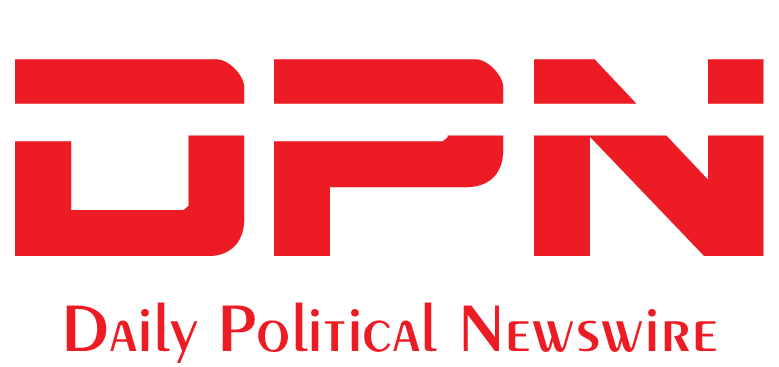Doritos has cut ties with a trans influencer, sparking controversy. The brand faced a boycott over hiring Samantha Hudson, a Spanish singer, for an ad. Critics, especially from the right, were divided. Some disliked the partnership with a trans individual.
Others focused on Hudson's old tweets from 2015. At 15, she joked about inappropriate desires and behavior. Her comments on rape victims also drew ire.
Doritos Spain condemned actions or words promoting violence or sexism. Both the controversial tweets and Hudson's promotional video have been removed. Hudson once apologized for her past remarks, attributing them to "dark humor."
In their official response, Doritos said: "We strongly condemn words or actions that promote violence or sexism of any kind."
The situation with Doritos ending its collaboration with a trans influencer due to backlash closely mirrors the Bud Light boycott sparked by their partnership with Dylan Mulvaney, a transgender influencer. Both instances highlight the volatile intersection of brand marketing strategies with social values and the repercussions of social media backlash. In each case, a prominent brand sought to embrace diversity and inclusion by partnering with a trans individual, only to face a significant backlash that led to calls for boycotts.
The Bud Light boycott, similar to the Doritos incident, showcased how quickly public opinion can polarize and impact a company's image and sales. Supporters of LGBTQ+ rights applauded Bud Light's initial decision to collaborate with Mulvaney, seeing it as a progressive step toward broader acceptance. Conversely, critics accused the company of pandering and promoting agendas they disagreed with, leading to a swift and organized boycott movement. This division underscores the challenge brands face when navigating endorsements in today's politically charged environment.
Central to both controversies were the reactions on social media, where the debates over the brands' decisions unfolded. The power of social media to amplify voices and mobilize movements on either side of the debate became evident, with hashtags calling for boycotts trending and influencers weighing in. The backlash was not just limited to online noise; it had tangible effects, with reports of declining sales and the brands having to issue statements or take corrective actions.
In response to the uproar, both Doritos and Bud Light found themselves in a difficult position, having to balance their commitment to diversity and inclusion against the backlash from a segment of their consumer base. The outcomes of these partnerships highlight the complex dynamics brands navigate in their marketing strategies, demonstrating the potential risks associated with taking a stand on social issues.
These incidents serve as cautionary tales for corporations attempting to align themselves with social causes or figures. They illustrate the unpredictable nature of public response and the need for brands to carefully assess the potential fallout of their marketing choices. As companies strive to be more inclusive and reflect societal values, the Doritos and Bud Light cases underscore the challenges of doing so in a way that resonates positively with all segments of their audience.
